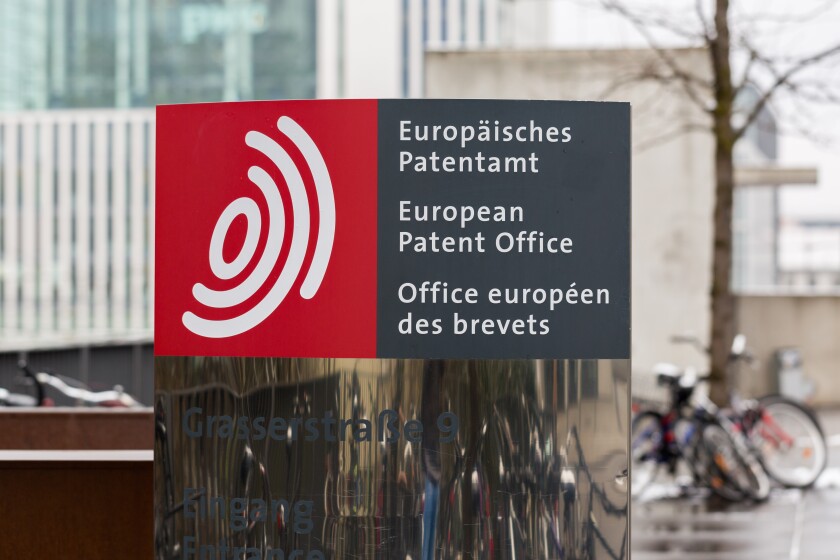An EPO staff committee has backed a group of in-house counsel’s claims that quality standards at the office are in decline, Managing IP can confirm.
Meanwhile, it is understood the EPO has offered a follow-up meeting with the counsel, who are members of the Industry Patent Quality Charter (IPQC).
The IPQC and EPO met initially on February 3 to discuss the group’s claims that the EPO no longer prioritises full search and examination over speedy patent grants.
A date for a second meeting has not been set at the time of publication.
The in-house group, which includes counsel from companies such as Siemens, Bayer, Nokia, Volvo and Ericsson, then sent a letter on February 8 to request joint working groups to monitor specific quality issues.
The central staff committee (CSC), which represents EPO staff in consultative meetings with management, has since published an internal bulletin backing the IPQC’s criticisms.
In the document, published on February 24 and seen by Managing IP, the CSC said the EPO management has focused on productivity gains over substantive quality for the past decade.
Staff are under pressure to grant as many patents as possible, with substantive quality of search and examination procedures “being secondary to productivity and timeliness”, the bulletin said.
EPO staff members have repeatedly raised concerns over the quality of search and examination but have been rebuffed by management.
“Management should take the [IPQC] criticism very seriously,” the document stated.
“Hopefully the IPQC initiative will trigger an adequate reaction that goes beyond denial, window dressing and continuing to hope that progress in IT tools will solve the problems.”
EPO staff would be “perfectly capable” of carrying out search and examination of the highest quality if given enough time, the document added.
The CSC further urged the EPO to hire more staff and replace all examiners after they have retired.
Members of the CSC have filed complaints against the EPO at the International Labour Organization (ILO) in recent years.
In November 2022, the ILO dismissed a complaint from CSC members over the EPO's refusal to allow the committee to publish a document criticising EPO HR policies on the office intranet.
The EPO declined to comment on this article.











